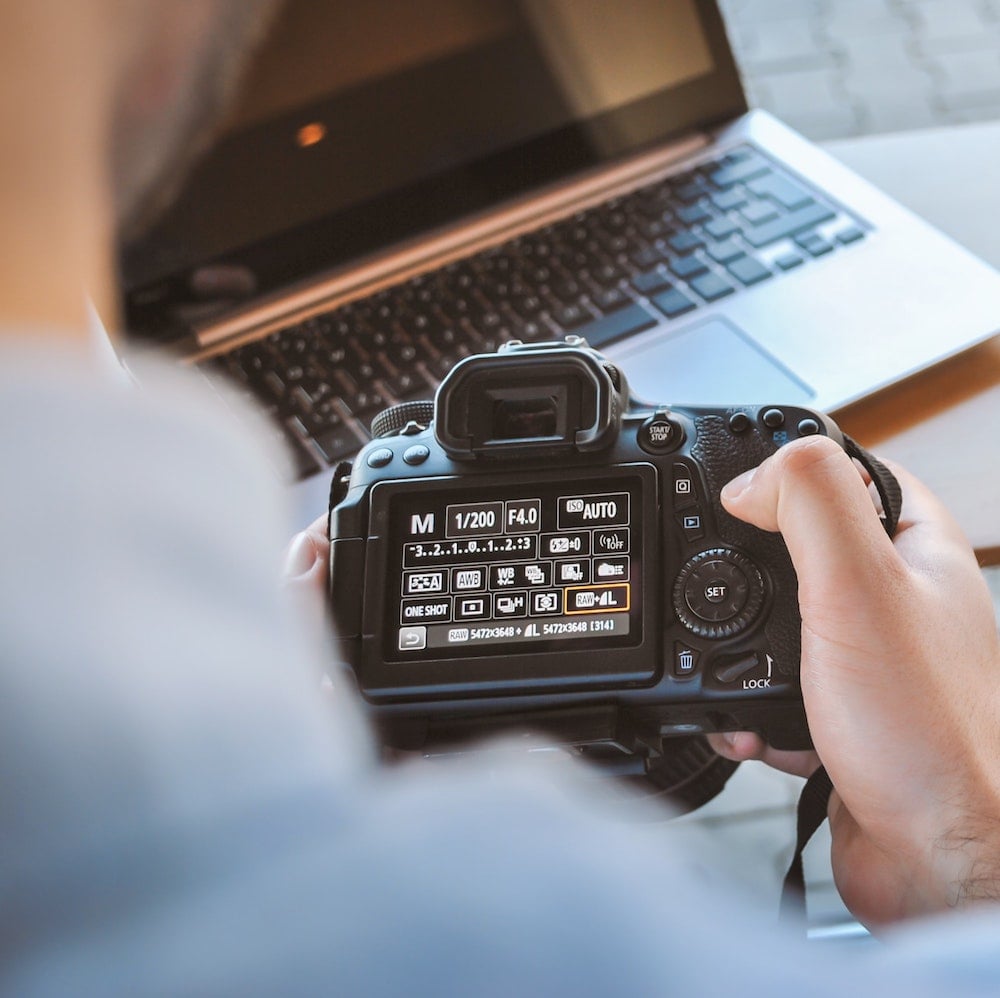Who is it for
For body psychotherapists, talk therapists, psychiatrists, psychologists, and in general mental health professionals.
In this Teachable-hosted program, you will dive deep into understanding five fundamental reflexes —
Fear Paralysis, Moro, Parachute, Bonding, and Pavlov’s Orientation—and their influence on the schizoid character structure.
Whether you're working with trauma, resilience-building, or character development, this course will empower you with tools to help clients connect their physiological responses to emotional well-being and mental clarity.
REVIEWS
Director of the Psychiatric Clinic, “Vostaneio” General Hospital, Lesvos island, Greece
5 reflexes for mental health is a fantastic collection which connects the basic reflexes’ neuroanatomy and neurophysiology with the mental trauma which can accompany developing movement patterns.
By working with the tools suggested by Ms Karakostanoglou, we can release the emotional projections that took place when these specific reflexes emerged.
When we work to integrate those reflexes, we may see feelings and memories come to the surface that go back to a far earlier stage of development (e.g. newborn, toddler, or even fetal).
The unconscious material that surfaces is undeniably of analytical and psychotherapeutic interest. Beyond that, 5 reflexes for mental health mainly has the ability to relax muscle groups that reach all the way to the neuromuscular spindles, but also to reconnect the somatic memory, psychic reactions and defences in a therapeutic way, which begins with body movement and care.
Beyond the purely therapeutic value of 5-RMH, it can act as a support for bringing to light psychotherapeutic material, as well as monitoring the course of a mental illness while processing accompanying psychological traumas or blockages.
5-RMH is recommended for developmental, emotional and anxiety disorders. It is also very promising for anxiety and fear-based PTSD reactions.

Erena Bramos, M.A, CGT, CCET. Director, Institute of Core Energetics-Greece
What a great gift to receive such valuable information, in the engaging, clear, and concise manner that it was presented by Ms. Karakostanoglou!
In all my training at the University and various postgraduate programs, I had never been invited to explore these primary reflexes and to understand the tremendously important role they play in supporting healthy physical and emotional development.
The course was engaging and easy to comprehend, particularly as the conceptual presentation was supplemented by visual demonstrations and suggestions for experiential participation.
I would highly recommend this course to all mental health professionals and anyone interested in better understanding all that needs to be considered in the healing journey.

Marilena Komi, Reichian psychotherapist, director of Reich Institute, Greece
As a concept, I see it as a very original and interesting piece of work which greatly adds to body psychotherapy and other fields, by incorporating techniques and theories from the fields of specialised kinesiology and education.
The way the material is conveyed, recorded, and explained is very good, simple and easy to understand.

Andromachi Pliakou, child psychiatrist, Core Energetics practitioner, Athens, Greece
Thanks to dig.c.5 rfmh, I gained a new perspective and deepened my knowledge of how integrating the reflexes affects a person’s physical, behavioural, and psychological development.
The specific process proved particularly valuable for me and my patients, and I am grateful for that. I was impressed with MK’s experience, acquired over many years, which is evident in the straightforward way she transmits her knowledge but also in the warmth and care with which she so generously embraces both therapist and patient.
Of course I was also impressed by the variety of available tools and the ease with which they can be applied from day 1 by therapists to benefit their patients.
Overall an outstanding contribution!
Why Enroll in This Course?
Step into this pioneering work of how 5 primitive reflexes (Fear Paralysis, Moro, Parachute, Bonding and Pavlov’s Orientation) influence our basic character structures as defined by Reich, Pierrakos, Lowen and Marcher. The emphasis is placed on our first character defence: the schizoid character structure. Our course navigates the profound effect these reflexes have on our felt sense and perception of safety and set the tone for the lens through which we view life.

Learn how reflex integration influences behaviour and mental well-being

Gain practical insights into reflexes' impact on grounding and consciousness.

Understand the correlation between reflexes and the development of character defenses.
The Power of Reflex Integration
Retained reflexes can trigger default survival mechanisms, overriding conscious awareness and leading to repetitive reactive patterns. This course offers insight into these reflexes' significance in shaping our perception of life and how their integration can lead to profound shifts in consciousness.

Curriculum
- Overview of the Fear Paralysis Reflex
- The Brain-Body Impact of the Fear Paralysis Reflex
- Practical Application and Exercises
- Fear Paralysis Reflex (FPR)
- FPR Introduction and Questions (6:21)
- FPR Screening Tests (8:17)
- FPR Integration Exercise 1 (5:29)
- FPR Integration Exercise 2 (9:15)
- FPR Integration Exercises 3 & 4 (10:11)
